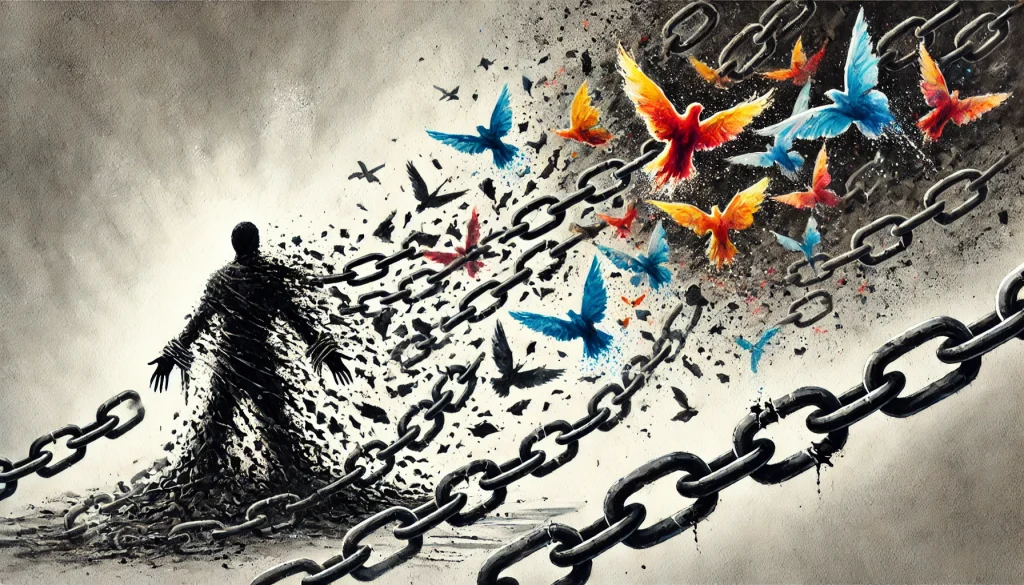
Depression doesn’t just affect how we feel inside; it can also have a significant impact on our relationships with those around us. Whether it’s our partners, family, or friends, depression can create barriers that make it harder to connect, communicate, and maintain the bonds that are so important to us. Understanding how depression affects our relationships can help us deal with these challenges with more compassion and awareness.
When we’re struggling with depression, it’s common to feel withdrawn and disconnected. The energy and motivation that we usually bring to our relationships might be hard to find. We might feel like we don’t have the strength to engage with others, even those we care about deeply. This can lead to a cycle where we pull away from the people who love us, which in turn can make us feel even more isolated and alone.
Let’s imagine someone who is going through a tough time with depression. They might start to cancel plans with friends or avoid social gatherings because they just don’t have the energy. Their friends might not understand why they’re pulling away and could start to feel hurt or rejected. Over time, this distance can strain the friendship, creating misunderstandings and feelings of resentment on both sides. What was once a source of support and joy becomes another source of stress and sadness.
Depression can also affect how we communicate. When we’re feeling low, it’s often hard to express ourselves clearly. We might struggle to find the words to explain what we’re going through or feel too overwhelmed to talk about our feelings at all. This can lead to frustration and confusion in our relationships, as those around us might not know what’s going on or how to help. They might feel like they’re being shut out, even if that’s not our intention.
For example, in a romantic relationship, depression can make it difficult to maintain the emotional connection that is so vital to intimacy. We might find ourselves withdrawing from our partner, not because we don’t care, but because we feel too drained to engage. Our partner might notice the change and worry that something is wrong, but if we’re unable to talk about it, they might start to feel rejected or unloved. This can lead to tension and conflict, as both partners struggle to understand each other’s needs.
Another way depression can impact our relationships is through changes in behaviour. Depression can sap our interest in activities we once enjoyed, including spending time with loved ones. We might become more irritable or impatient, snapping at those close to us or losing our temper over small things. These changes can be confusing and hurtful to others, especially if they don’t realise that depression is the cause. They might take our behaviour personally, not understanding that it’s a symptom of something deeper.
Depression can also lead to feelings of guilt and worthlessness, which can further complicate our relationships. We might start to believe that we’re a burden to those around us, which can make us pull away even more. We might worry that our loved ones are better off without us or that we’re not worthy of their love and support. These feelings can be incredibly isolating and can prevent us from reaching out for help when we need it most.
Let’s consider a parent who is dealing with depression. They might feel overwhelmed by the responsibilities of caring for their children and start to believe that they’re not a good parent. This belief might lead them to withdraw emotionally, becoming less engaged with their children out of fear of making things worse. The children, in turn, might notice the change and feel confused or neglected, not understanding why their parent seems distant. This can create a painful cycle where the parent feels more guilty and the children feel more hurt.
It’s also important to recognise that depression doesn’t just affect the person experiencing it; it affects those around them as well. Loved ones might feel helpless, not knowing how to support someone who is depressed. They might try to offer advice or encouragement, but if these efforts don’t seem to help, they might start to feel frustrated or discouraged. This can lead to tension in the relationship, as both sides struggle to navigate a difficult situation.
Despite these challenges, it’s important to remember that relationships can also be a source of strength and support during depression. While depression can create barriers, understanding its impact can help us and our loved ones find ways to stay connected. It’s okay to acknowledge that depression makes relationships harder and that we might need to approach them differently when we’re struggling. By being open about what we’re going through, even in small ways, we can help our loved ones understand and support us better. Depression can make relationships hard, but it doesn’t have to end them. By being aware and compassionate, we can work through the challenges and keep the important connections in our lives. It’s not easy, but understanding how depression affects our relationships is the first step to finding a way forward together.
If you or someone you love is struggling with depression, you don’t have to go through it alone. At My Practice Counselling Melbourne, Jonathan Riley and our team are here to help. Reach out today to start your journey toward a healthier, happier life. Contact us now to book an appointment.